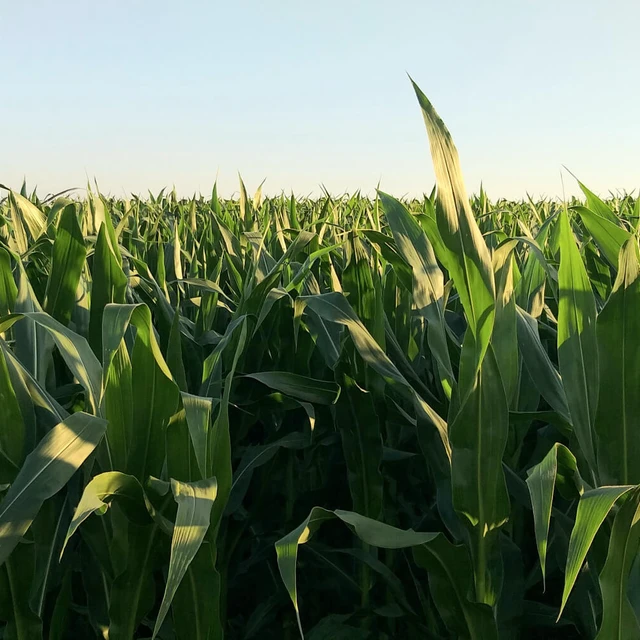How can enzymes help?
Liquefaction should run efficiently, but sometimes it doesn’t.
Just a few of the challenges are the cost of chemical inputs and removing them later with ion exchange, incomplete conversion, and iodine-positive issues causing quality and filtration issues
DE (dextrose equivalent) development in liquefaction is determined by process conditions, enzyme dosage and efficiency. Novozymes’ range of alpha-amylases can optimize the liquefaction process in terms of cost, quality and efficiency under a wide variety of conditions. With LpHera®, you can cut your chemical costs by more than 50%.





